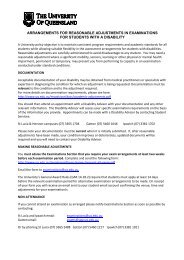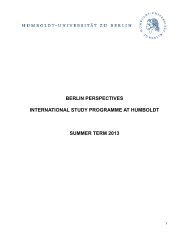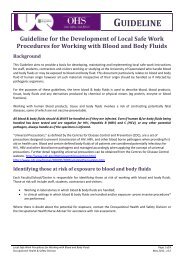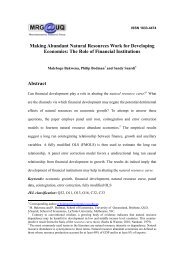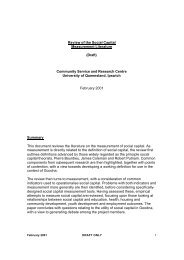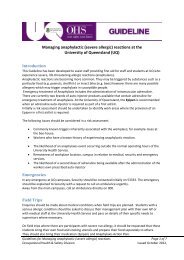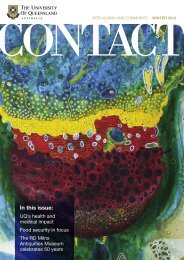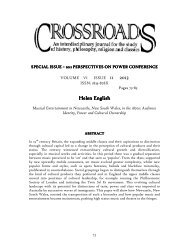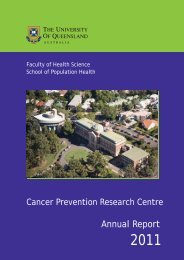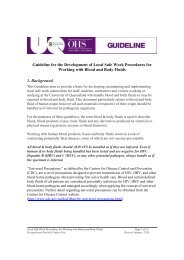Managing Traffic Incidents - University of Queensland
Managing Traffic Incidents - University of Queensland
Managing Traffic Incidents - University of Queensland
Create successful ePaper yourself
Turn your PDF publications into a flip-book with our unique Google optimized e-Paper software.
6 DECEMBER 2001<br />
Public Transport Integration<br />
Detailed consideration was given to the respective<br />
merits <strong>of</strong> applying the four fundamental<br />
fare structures (ie flat, time-based, distance-based<br />
and zonal structures) across the<br />
entire SEQ region, and it was concluded that<br />
flat and time-based structures were not suitable.<br />
Neither <strong>of</strong> these structures permit cost<br />
reflective fares to be established, which is <strong>of</strong><br />
paramount importance in an environment <strong>of</strong><br />
economic efficiency, commerciality and high<br />
cost recovery.<br />
A distance-based fare structure was found<br />
to be superior in terms <strong>of</strong> revenue raising efficiency,<br />
however this had to be traded <strong>of</strong>f<br />
against the practical requirement to maintain a<br />
customer friendly public transport fare structure<br />
that is easy to understand, use and market.<br />
Accordingly, work is being directed at<br />
designing a customer friendly zonal fare<br />
structure for SEQ which strikes an appropriate<br />
balance between both requirements.<br />
Although it was concluded that the market<br />
is not ready at this time to embrace a pure distance-based<br />
fare structure, state-<strong>of</strong>-the-art fare<br />
collection equipment is well equipped to support<br />
it. The decision to move to a 'closed' fare<br />
collection environment will retain the future<br />
capacity to employ 'point-to-point' pricing,<br />
which would not have been available had an<br />
'open' fare collection system been specified.<br />
The product range (or 'tickets') available to<br />
public transport customers is a critical element<br />
<strong>of</strong> the fare system as it represents the<br />
actual point <strong>of</strong> contact between the system<br />
and the customer. In developing an appropriate<br />
product range for the SEQ integrated ticketing<br />
environment the following strategic issues<br />
must be addressed:<br />
– What are the key market segments the<br />
product range needs to cater for and what<br />
are the differentiating features <strong>of</strong> these<br />
market segments?<br />
– What are the operational advantages and<br />
disadvantages <strong>of</strong> specific ticket types, are<br />
these consistent for all operators, and how<br />
do these align with the operator's objectives?<br />
– What are the dominant product features<br />
which need to be replicated to ensure the<br />
maximum patronage potential is achieved?<br />
– To achieve a consistent product range<br />
across all operators, what product rationalisation<br />
is required?<br />
The SEQ product range is still under development.<br />
A review <strong>of</strong> international evidence<br />
highlighted the wide usage <strong>of</strong> the concept <strong>of</strong><br />
stored value, with the primary difference being<br />
the fare media used (ie smart card or magnetic<br />
stripe). Results <strong>of</strong> focus group research<br />
conducted with SEQ residents indicated that<br />
there was general support for the use <strong>of</strong> a<br />
smart card with stored value functionality,<br />
provided that the system was transparent<br />
enough for users to understand how the benefits<br />
were determined and when such benefits<br />
would be realised.<br />
Significantly, the proposed 'tag on tag <strong>of</strong>f'<br />
ticketing system will create an environment<br />
where it will be possible to<br />
<strong>of</strong>fer consumption-based travel to<br />
<strong>Queensland</strong> Rail commuters for the<br />
first time. A number <strong>of</strong> innovative<br />
approaches that utilise the stored<br />
value capability <strong>of</strong> a smart card are<br />
being considered to address some <strong>of</strong><br />
the limitations associated with the<br />
longer term periodical tickets traditionally<br />
used by rail commuters.<br />
It is important to acknowledge that it<br />
will always be necessary to accommodate<br />
the irregular cash paying passengers<br />
and accordingly to retain a capacity<br />
to issue paper tickets for infrequent<br />
or casual users that do not have a<br />
smart card. At the same time, incentives<br />
will be <strong>of</strong>fered to smart card users<br />
to minimise the number <strong>of</strong> cash


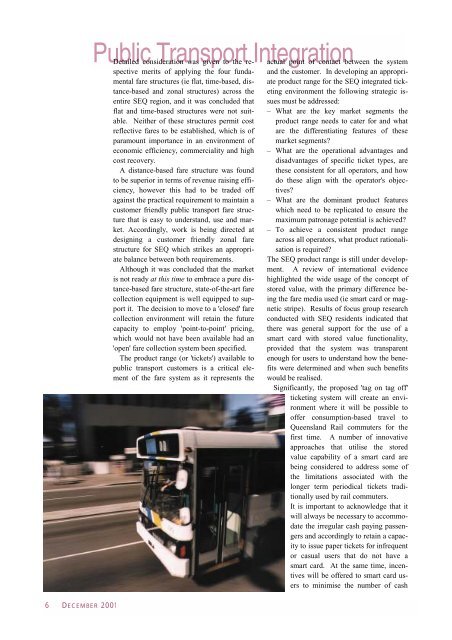
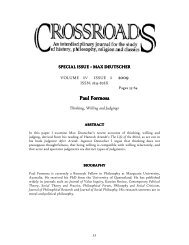
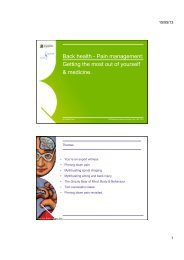
![Recycling [ PDF, 62KB ] - University of Queensland](https://img.yumpu.com/51805185/1/184x260/recycling-pdf-62kb-university-of-queensland.jpg?quality=85)
